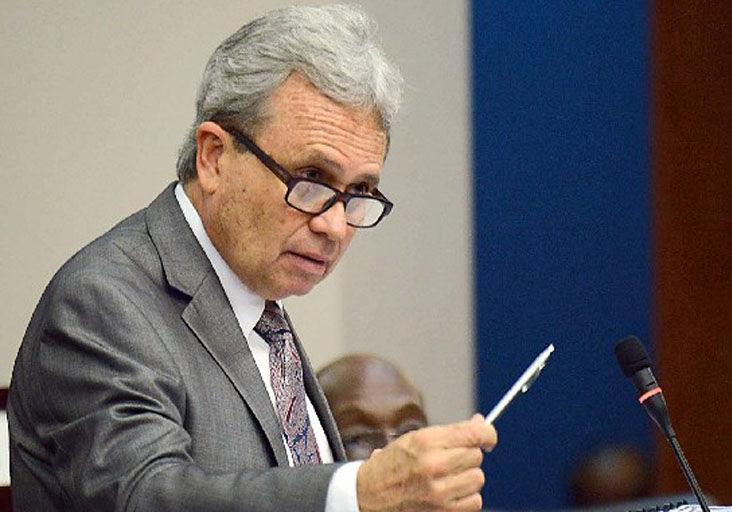THE Public Services Association (PSA) has been defeated at the High Court in a constitutional claim it brought against the introduction of the Trinidad and Tobago Revenue Authority (TTRA) Act.
The purpose of the TTRA is to replace both the Inland Revenue Division (IRD) and the Customs and Excise Division (CED).
Justice Westmin James yesterday dismissed the claim after finding in favour of the State that the introduction of the TTRA was not unconstitutional, as was being claimed by the PSA through its member, customs officer Terrisa Dhoray.
Following delivery of the judgment, Finance Minister Colm Imbert took to X (formerly Twitter) to announce the findings of the court.
“We just won the substantive Revenue Authority lawsuit. The Court dismissed the claim made by the PSA and its agent that only public servants within the mainstream public service should assess and collect taxes. The constitutional challenge to the TTRA Act was also dismissed,” Imbert wrote.
Dhoray had contended that certain sections of the act were unconstitutional, as they seek to interfere with the terms and conditions of employment of public servants currently assigned to the IRD and CED.
The claim was mainly based on section 18 of the legislation that was proclaimed by President Christine Kangaloo on April 24.
Section 18 requires employees at the IRD and CED to decide whether they would be voluntarily resigning from the public service, accepting a transfer to another public service department, or agreeing to be transferred to the TTRA.
Political interference
Dhoray’s contention was that should the TTRA be implemented, then it would result in political interference and control over employees there who are currently protected by the Constitution so that they can carry out their duties in a professional and independent manner.
Initially the employees were given until the end of August this year to make their decision, but the Government subsequently extended the deadline until November 30.
In its defence, the Government claimed tax collection could be delegated, provided that guidelines were given by Parliament.
The substantive matter was initially assigned to Justice Betsy Ann Lambert-Peterson.
While it was before the court, section 18 was proclaimed, resulting in the PSA’s attorneys filing an application asking for an injunction.
They wanted the court to restrain the State from setting the August 31 deadline for the employees to make their decision. However, the application was dismissed.
The PSA, through Dhoray then made an application for the judge to remove herself from the case because of the alleged friendship between her husband, Gilbert Peterson, SC, and Prime Minister Dr Keith Rowley.
At first she refused to step down, but eventually did.
The case was then assigned to Justice James.
Dhoray was represented by a team of attorneys led by Anand Ramlogan, SC, and including Kent Samlal, Vishaal Siewsaran and Ganesh Saroop; while Douglas Mendes, SC, Simon de la Bastide and Svetlana Dass appeared for the State.

